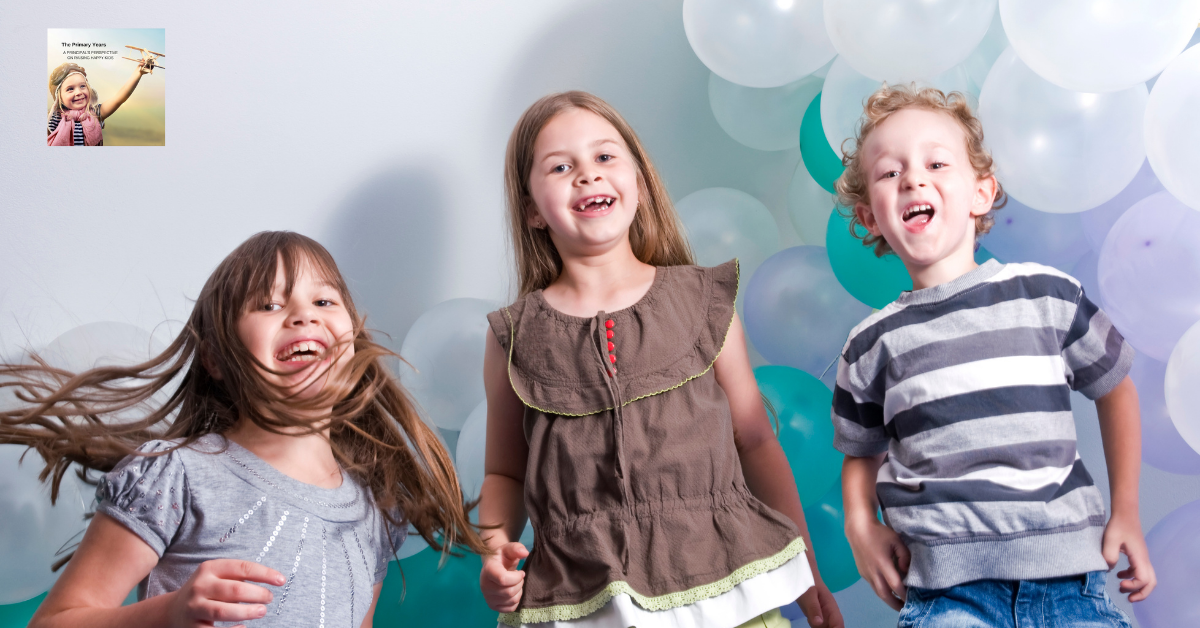Celebrate: it’s a key player in setting life time standards
We all love a celebration. They are so important in our understanding of the values and beliefs we all share in a family. These celebrations are strong reminders to our children that we value something special and we want to gather to remember or acknowledge an important time in our life.
Children look forward to celebrations and given that they may repeat themselves such as birthdays, anniversaries, rituals etc. a child will over time have them entrenched in their thinking as part of their life.
Schools set up celebratory dates from the beginning of the year. They understand that a celebration can be an opportunity to deepen the children’s awareness of some value etc. Take for example, the school’ anniversary each year of Anzac Day. The teachers will use this occasion to reinforce the values of that event and also celebrate the life of those men and woman who died for their country.
There are many aspects to celebrations. Sometimes it is simply about joy and sometimes it may have a deeper meaning such as a religious occasion, anniversary of someone’s life etc.
Keep in mind that the particular celebrations you share as a family reflect your unique qualities and are a chance to reinforce the richness of your family.
The following ideas may help in this area:
List the celebrations for the year with your child. Perhaps you may add in any extras that are important to celebrate given the circumstances.
Talk about why you celebrate the occasions and how you want to celebrate it. Children are wonderful at creating ideas for a celebration. Remember happy, positive, long term memories are born from such experiences. My children still vividly remember shopping for and buying a wedding anniversary cake for myself and husband when they were preteenagers. They were so excited to plan and surprise us and they still remember this occasion after many years.
When something special happens in the family is it an occasion to gather perhaps for a meal and celebrate it together? Be an opportunist and find reasons to celebrate. You won’t have to look far.
Think about celebrating what you want to see more of. Perhaps your child may be working hard to improve their writing and they find success through this. Then share a meal and praise their efforts. It doesn’t take much to see things that you would like to acknowledge.
Be creative in how you celebrate and invite your child into the planning process. In this way, they will take more ownership of the event. They will remember the occasion more profoundly.
“Children have never been very good at listening to their elders, but they have never failed to imitate them.”

